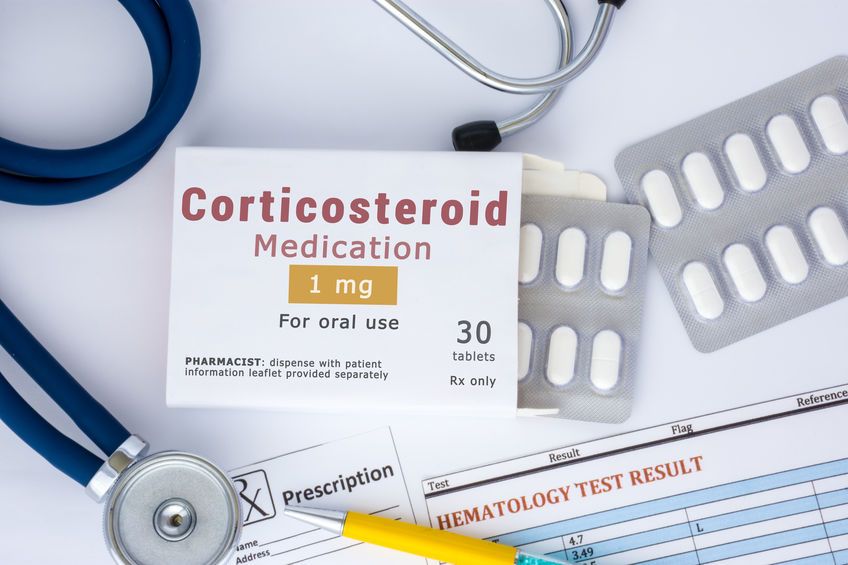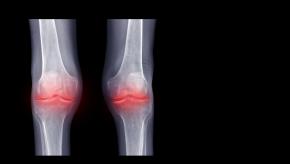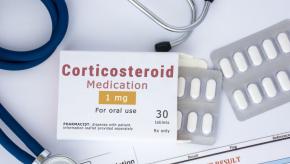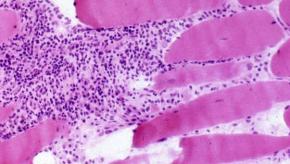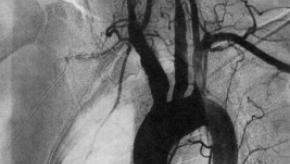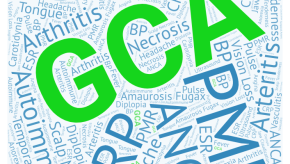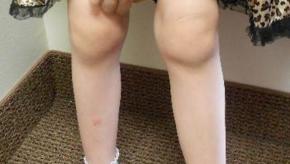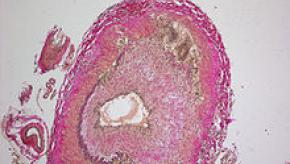All News
Big Fat FDA Pink Slip (9.19.2025)
Dr. Jack Cush reviews the news and journal reports from this week on RheumNow.com. Today we cover GLP-1 agonists, acupuncture, what JAKs won’t do & an FDA Pink Slip.
Read ArticleWhat you need to know about scleroderma-related lung fibrosis
What do you need to know about scleroderma-related lung fibrosis as a practicing rheumatologist? Here are takeaways from these guidelines and my practice.
Read ArticleHitting the Target: T2T Therapy in SLE
Treat-to-target strategies are not a new concept in rheumatology. It has shown to improve patient outcomes and quality of life in RA and PsA, and is now being increasingly adopted not only in SLE research but also in clinical practice. This article reviews key highlights from Dr. Eric Morand’s plenary session lecture on Treat to Target in SLE: Current Evidence and Future Directions, presented during the recent APLAR 2025 Congress.
Read ArticleSLE and Osteoporosis
In one of the SLE sessions at the APLAR 2025 Congress, Prof. Sandra Navarra discussed the assessment and management of osteoporosis in SLE patients, particularly glucocorticoid-induced osteoporosis (GIOP) and this article reviews the highlights and key takeaways from her talk.
Read ArticleERS/EULAR guidelines for CTD-related interstitial lung disease
The European Respiratory Society (ERS) and European Alliance of Associations for Rheumatology (EULAR) have published clinical practice guidelines for the evaluation and management of connective tissue diseases (CTD) associated interstitial lung disease (ILD) in two simultaneous publications in the European Respiratory Journal and Annals of Rheumatic Diseases.
Read ArticleCOLCHICORT Trial
The COLCHICORT trial in acute calcium pyrophosphate (CPP) crystal arthritis patients showed that colchicine was inferior to prednisone treatment and that responses were also influenced by other factors.
Read ArticleHigher Medical Costs with Corticosteroid Use
Rheumatoid arthritis (RA) health insurance claims database study from Japan shows that RA patients initially treated with glucocorticoids (GCs) and disease-modifying antirheumatic drugs (DMARDs) experienced greater medical costs and healthcare utilization than patients not trea
Cardiovascular Sequelae in Adults After Kawasaki Disease
A long-term cohort study of children diagnosed with Kawasaki disease (KD) shows evidence of future adult cardiovascular complications and hospitalizations. These severe cardiovascular events clustered during the young KD adults and later, a second surge in their late 30s.
Read ArticleUncertainty with immunosuppressive for idiopathic inflammatory myopathies
A current Cochrane review suggests a continued unmet need regarding the status and utility of targeted immunosuppressant and immunomodulatory treatments for the idiopathic inflammatory myopathies (IIM). Overall there has been little progress since the previous Cochrane review (2012) that found little or no evidence to guide treatment.
Read ArticleTNF Inhibitors in Takayasu's Arteritis
A large, retrospective, multicenter study demonstrated the efficacy of intravenous infliximab and subcutaneous adalimumab in patients with Takayasu arteritis.
Read ArticleGlossary for Giant Cell Arteritis
Dejaco and colleagues have published a glossary of terms often used in conjunction with giant cell arteritis. The glossary of definitions for 23 signs and symptoms of GCA was developed through a consensus process involving international experts.
Read ArticleJuvenile Idiopathic Arthritis - NEJM Review
Sandborg et al. has published an overview of juvenile idiopathic arthritis (JIA) - its classification, biology, genetics, , clinical presentations and treatment advances in the New England Journal of Medicine (NEJM).
Read Article2025 BSR Recommendations for ANCA-associated Vasculitis
The British Society for Rheumatology (BSR) and British Health Professionals in Rheumatology (BHPR) have published a guideline for the management of adults with ANCA-associated vasculitis (AAV); specifically three conditions: granulomatosis with polyangiitis (GPA), microscopic polyangiitis (MPA) and eosinophilic granulomatosis with polyangiitis (EGPA).
Read Article
Luis Caminal caminalm ( View Tweet)

Links:

Links:
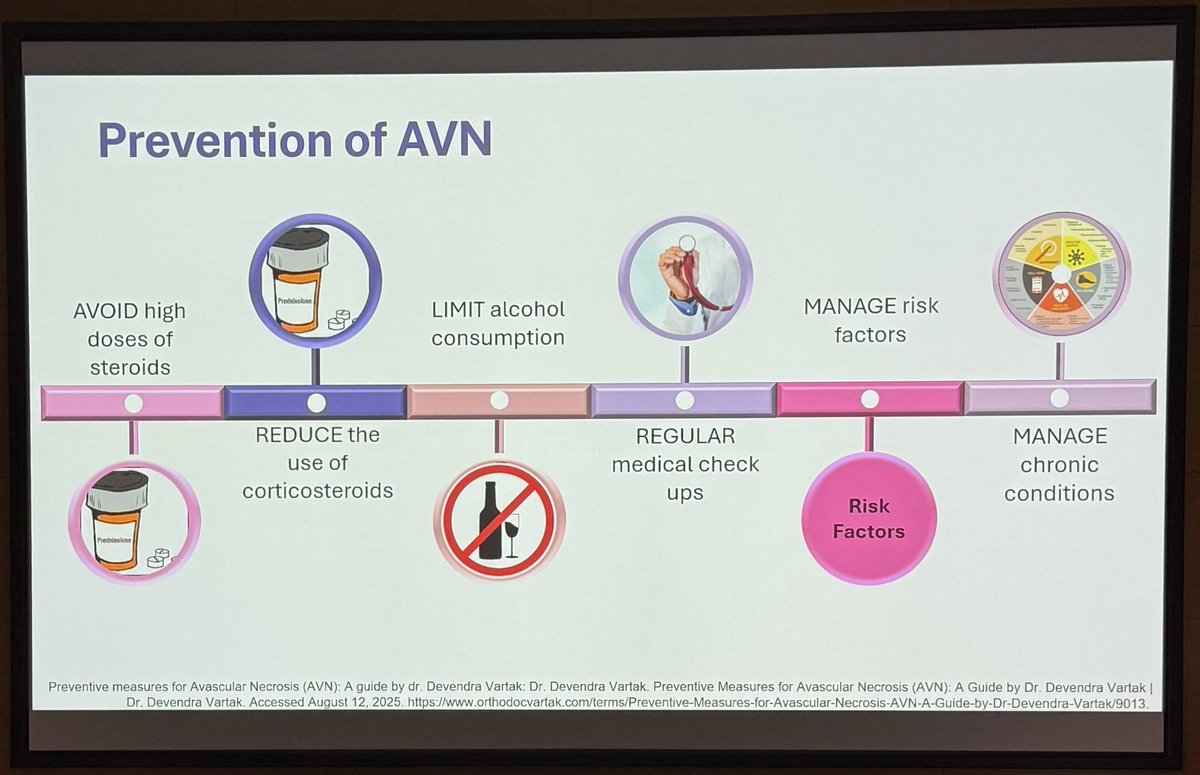
Links:
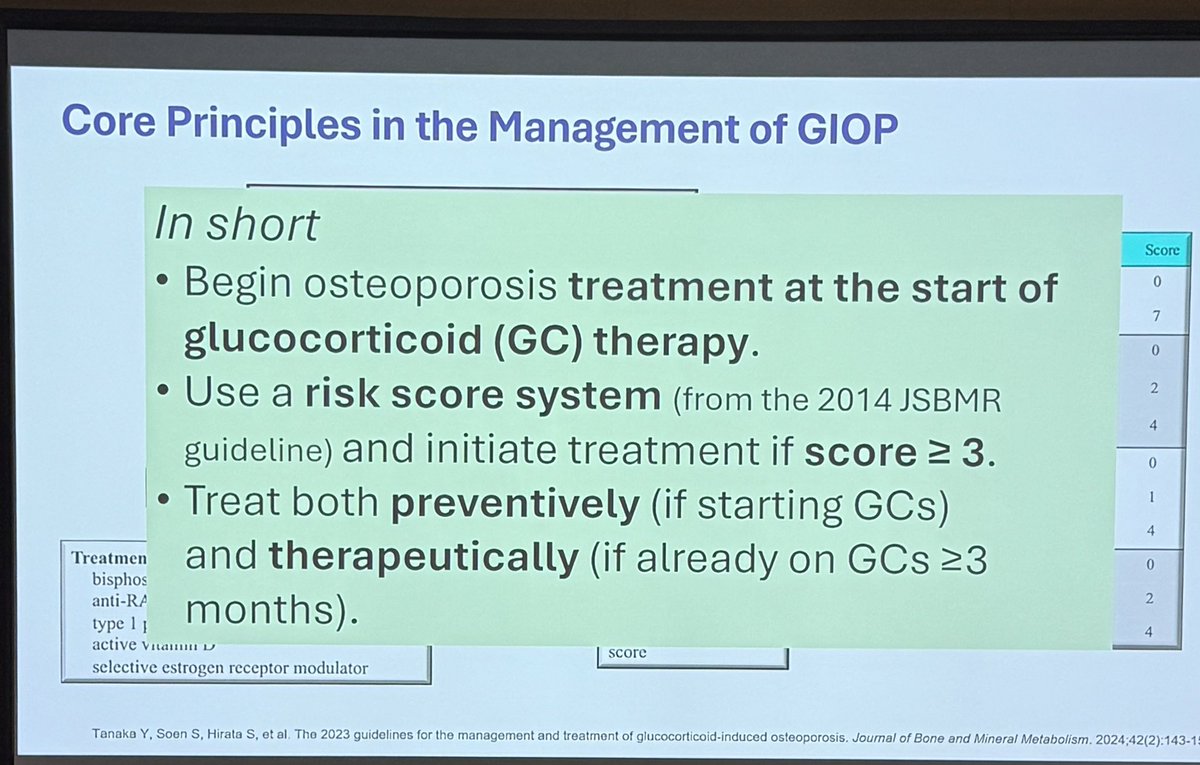
Links:
